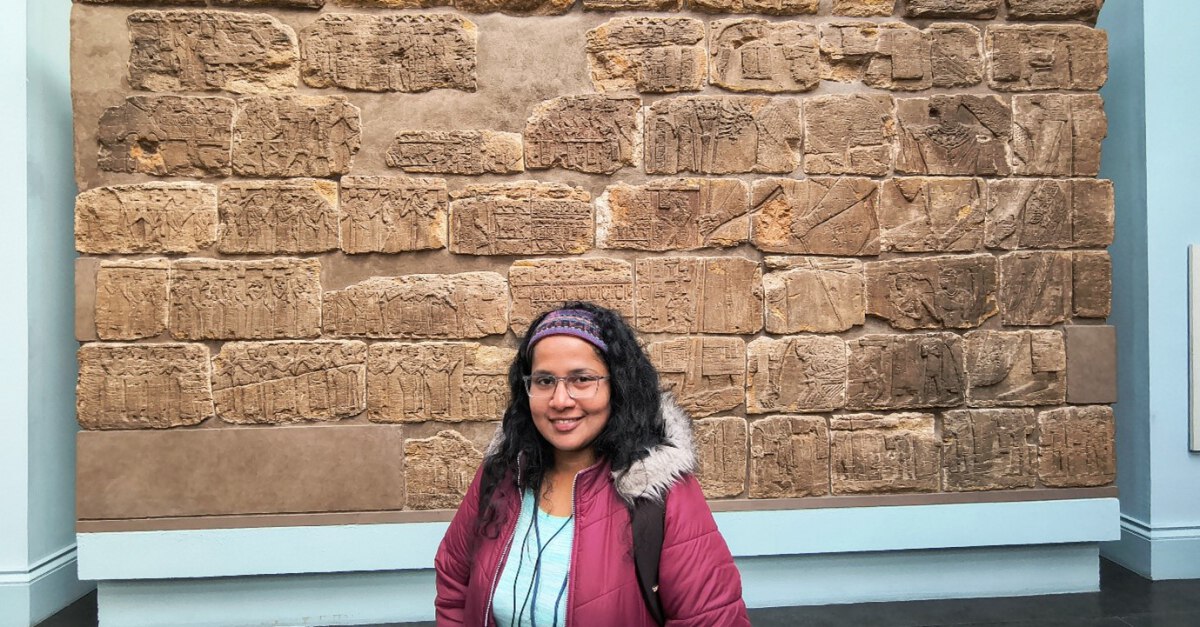Keen – The knowledge empowered entrepreneurship network
30/03/2022

The Bettany Centre for Entrepreneurship, along with collaborators Kaunas University of Technology (KTU), Lithuania, the University of St Gallen in Switzerland, and the University of Wuppertal, Germany has recently completed and successfully delivered the Knowledge Empowered Entrepreneurship Network (KEEN) Project, funded by the European Union’s Horizon 2020 Research and Innovation Programme.
As part of a Twinning Initiative, The KEEN project was conceived as a capability and capacity building exercise, focusing on advancing entrepreneurship research and innovation excellence, network strength, and reputation with colleagues at KTU. This objective is largely driven by an overall ambition within the EU’s Twinning projects programme to co-design and propel entrepreneurial ecosystems in low-innovativeness level EU countries. Naturally, all collaborators were able to benefit from these engagements.
From its inception, the KEEN network has provided opportunities for more international collaboration and building and extending international relationships. An early example of this was KEEN’s dedicated track at G-Forum 2019 Conference in Vienna, an annual event organised by FGF – a leading scientific association for Entrepreneurship and Innovation. The KEEN track and panel discussion focused on the following themes: Micro-foundations of digital entrepreneurship; Digital business models; Digital social entrepreneurship; Multi-sided platforms; Dynamics of digital entrepreneurship networks.
Towards the end of the project, KEEN hosted, in August 2021, the IEEE TEMS Technology and Engineering Management Society, International Conference on Technology and Entrepreneurship: Leading Digital Transformation in Business and Society. The conference attracted 226 participants, representing industry and academia including some of the field’s leading thinkers (Professor David Teece, UC Berkeley; Professor Michael Wade, IMD; Professor Annabelle Gawer, University of Surrey; and Professor Max von Zedtwitz, Copenhagen Business School), from 38 different countries.
Throughout, the three-year project, the collaborating partners designed and delivered a diverse range of teaching, training, mentoring, publishing, collaborative, communication, and dissemination activities around four key themes: Keep Learning; Encourage Collaboration; Engage with the World; and Nourish Initiatives. For the KEEN project, we designed, delivered, hosted, and participated in dozens of activities and events across the continent. These ranged from workshops and training activities for active researchers to entrepreneurial encounters for secondary school children, and from international start-up competitions to writing retreats.
KEEN was designed as a highly collaborative project with knowledge exchange and capability development at its heart. Of course, the Covid-19 pandemic seriously challenged us in terms of delivery but, in a way reminiscent of entrepreneurial pivoting, the team were nothing if not resourceful, innovative, and persistent in either re-designing initiatives or developing new ones. Conferences, workshops, collaborative writing, training, and mentoring were all re-imagined for online delivery. For example, Cranfield’s highly experiential Ideas to Innovation (i2i) programme, designed to guide research students in an exploration of their own entrepreneurial orientation as well as the potential societal impact of their research, moved on-line to be successfully delivered to would-be entrepreneurs across the Baltic states.
Notably, KEEN was not conceived as a programme of research its focus, as mentioned, turned towards capability and capacity building. Nevertheless, the collaborations that KEEN stimulated have resulted in the delivery of a number of important research artefacts. These include the submission of four journal articles and numerous conference papers as well as books of abstracts and proceedings from the conferences and PhD research forms that we ran.
However, in the end, KEEN was all about collaboration and capacity building. All partners have developed stronger ties and, in particular, Cranfield and KTU have developed a very strong and, we hope, enduring, relationship. One nice example of this is the interchange between the universities. Lukas Jasiūnas Ph.D. is the founder of Lithuania-based Ecorbio specialising in breakthrough, patent-pending biopolyol production technologies and products. Lukas as an alumnus of one Lithuanian i2i- Ideas to Innovation programme was invited to attend Bettany Centre’s Investor Day – Pitch Competition, sponsored by Santander UK Universities, which he subsequently won.
Lukas’s story is just one of many over the course of the KEEN project. As the project has come to an end, the collaborators have sought to maintain a sustainable and impactful legacy. Outputs are available on the project website http://www.keenetwork.net/. We are currently awaiting the results of the formal submission to the EU of the project report and are hopeful that it will be well-received. As a result of our activities, the KEEN project was selected as one of 15 success stories[1] for The Spreading Excellence and Widening Participation Programme under Horizon 2020. In addition, KTU empowered by the KEEN project has become regarded as “The MIT of the Baltics” due to its emerging prominence as an entrepreneurial research and innovation hub in the region.
[1] Šuminaitė, J. (2021). Creation of the “Knowledge Empowered Entrepreneurship Network” to position Kaunas University of Technology at the forefront of EU research in entrepreneurship and innovation. In: Walczyk-Matuszyk, K. (ed.) Spreading excellence and widening participation: success stories. NCP_WIDE.NET.
Categories & Tags:
Leave a comment on this post:
You might also like…
From Sri Lanka to Cranfield: How a Commonwealth Scholarship transformed my environmental engineering journey
Hi, I’m Kavithanjali Uthayashangar and I’m here to tell you about my journey into environmental engineering. It began with a simple but powerful motivation: a desire to understand how engineering can ...
Inside the Air Transport Management MSc: Classes, assignments, and group project work
What’s it really like to study Air Transport Management at Cranfield? Adit walks us through a typical day, assignment expectations, and the excitement of hands-on group projects. This is the second of three blog ...
Using Factiva to research a company
If you’re tasked with researching a company, your first port of call might be to search Fame or EBSCO Business Source Complete. Your immediate reaction might not be to look at Factiva. However, for larger ...
How do I write a secondary reference … in the NLM style?
Secondary referencing is used when you’re reading a work which includes a quotation from another author, and you – the researcher – can’t obtain the original source. We always advise, where possible, to try to ...
Reaching new heights: How a Global Excellence Scholarship fuelled my aerospace dreams
Leaving my home in India to pursue an MSc in Aerospace Dynamics at Cranfield University was a leap of faith. Hi, I’m Oliza Kachroo and as an international student, the transition ...
How do I reference…when delivering a presentation?
Just as you cite and reference sources in written work, you should also acknowledge the sources you use or quote in oral presentations. Citing your sources in presentations provides your audience with information about the ...






